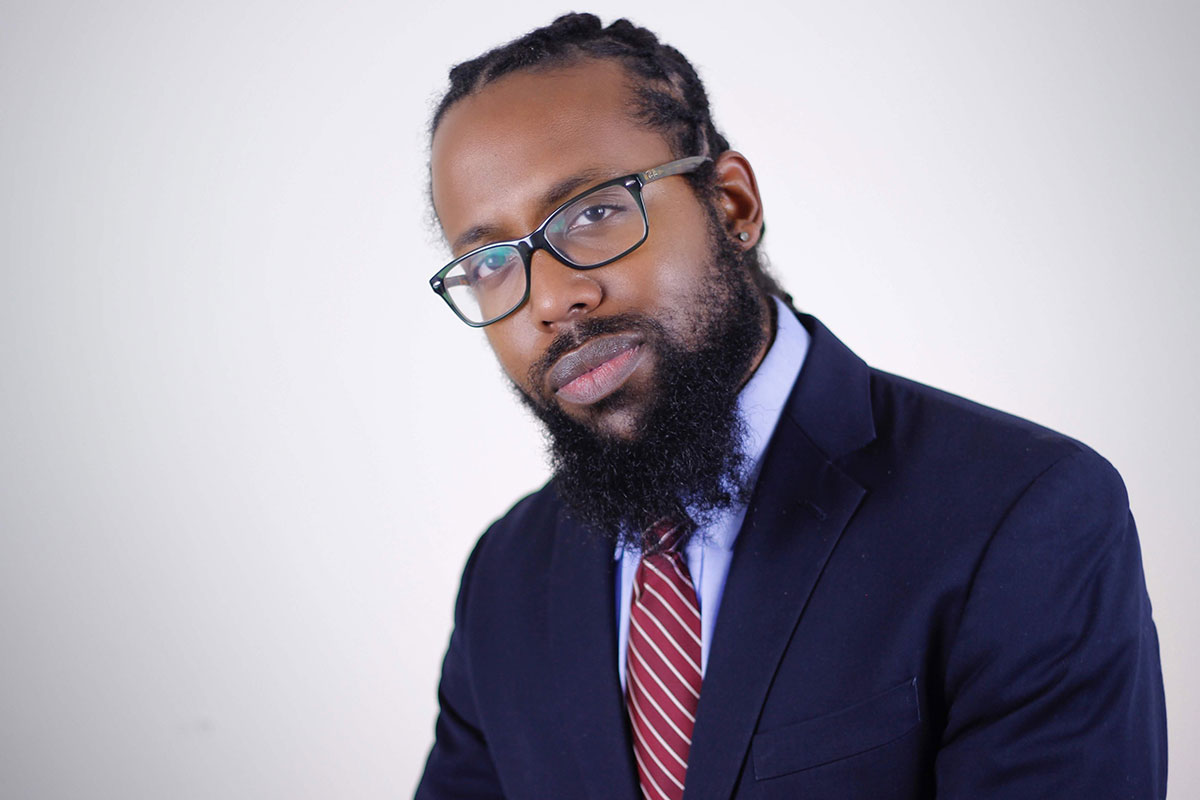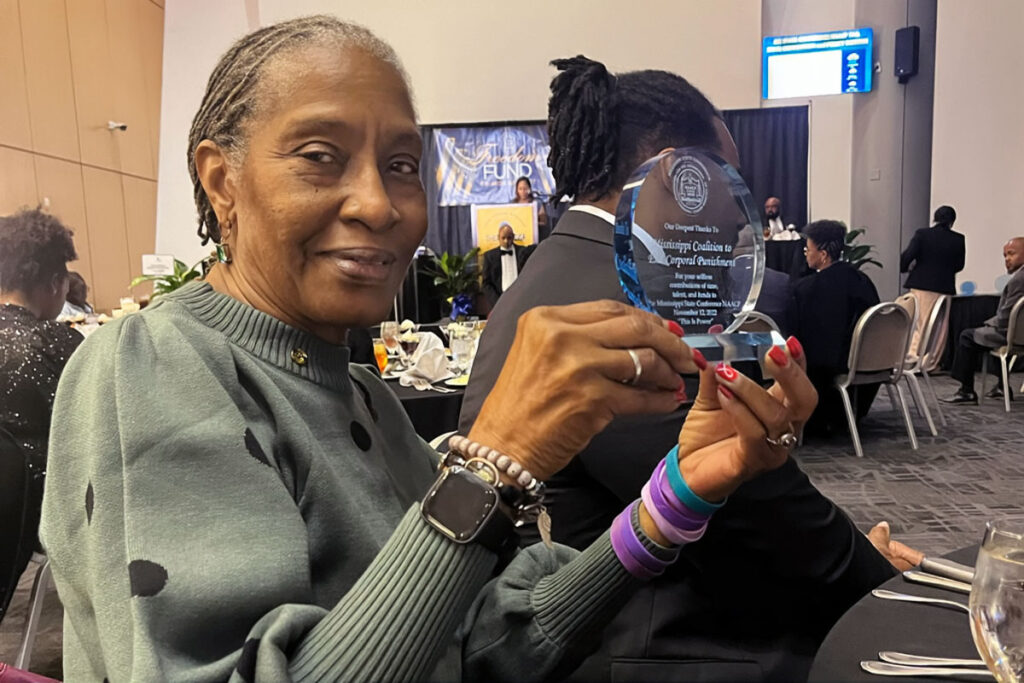Dr. James Pratt, Jr. distinctly remembers both times he received paddlings at school. The 13-year-old and his friends had been using the computers in the new computer lab inappropriately when a classmate reported them to the teacher. Pratt and his friends were sent one by one to the office to meet with school administrators—including the assistant principal.
“He used to walk down the hallway, and if kids were acting up, he would point the paddle at them and say, ‘I’m going to beat your behind,’” Pratt told the Mississippi Free Press.
Pratt knew what awaited him. When it was his turn, he placed his hands on the desk in front of him and bent over. He felt the wood connect three times before it was over and the assistant principal sent him back to class.
Now the Fisk University Criminal Justice and Homeland Security program coordinator, Pratt has also done extensive research in corporal punishment and has co-authored “Historic Lynching and Corporal Punishment in Contemporary Public Schools in the South.” The study examined student discipline in 10 southern states during the 2013-2014 school year and compared them to lynchings between 1865 and 1950. They found that corporal punishment in school was more common for all students—but especially Black students—in areas where lynchings had historically occurred.

“My primary research area is cultures of islands in the South, and so that experience definitely shifted my overall kind of paradigm and what I seek to examine,” Pratt said. “(Because of) that specific experience, when I got the opportunity and was told about this project, I wanted to jump right on.”
“It makes me passionate about getting rid of corporal punishment, and it gives me a purview on how to ask the questions and how to get to it and how people justify it,” he added. “It definitely influenced the way I approach the work and definitely compels me to want to end it.”
The Albany, Ga., native joins other prominent speakers such as Dr. Stacey Payton, author of “Why Whupping Black Children Won’t Save America” for the inaugural education conference of the Mississippi Coalition to End Corporal Punishment in Jackson that began on Thursday, July 20. The three-day summit titled “Cultural Identity Restoration and the Role of Culture in Education” is designed to help participants gain a better understanding of how exclusionary and harsh discipline policies and practices negatively affect student outcomes and the disparities in its use on Black and brown children.
A Recurring Trend
The United States Department of Education Office of Civil Rights tracks corporal punishment data in public schools nationally. It defines corporal punishment as paddling, spanking or other forms of physical punishment imposed on a child. The department’s report, updated in March 2023, found that the majority of students who received corporal punishment were in southern states: Alabama, Arkansas, Mississippi and Texas. Researchers found 20,300 reported instances of corporal punishment in schools in the 2017-2018 academic year.
“Over 12,000 of those children were Black children,” Ellen Reddy, former executive director of the Nollie Jenkins Family Center. “So disproportionately, Black children and children with disabilities are paddled at a greater rate than other children.”
Kameshia Smith, Nollie Jenkins Family Center youth program director, said the data has shown consistent trends. “If you go back any year, it is going to show you the same—that Black girls are almost six times more likely to receive corporal punishment than white girls and double the amount for Black boys and students with disabilities. The trend remains the same.”
In 2018, due in part to the work of the Nollie Jones Family Center, Holmes County eliminated corporal punishment as policy. With the success of the Holmes County campaign, the NJFC joined forces with other community agencies to push for an end to corporal punishment across the state. The Mississippi Coalition to End Corporal Punishment was organized to “end corporal punishment and similar harsh discipline practices, implement effective alternatives, and create safer, healthier schools across the state and the nation.”
“We thought (if) we can do it in Holmes County, let’s move to get rid of it across the state,” Reddy said. “In October 2020, we put out a call to action to other organizations, the NAACP, local community-based organizations, universities, to join the Coalition to End corporal punishment in Mississippi and the other 18 states that at that time continued to use corporal punishment against Black, brown and children with disabilities.”
MSCECP asserts that corporal punishment hurts student success and helps to fuel the preschool-to-prison pipeline. This week’s conference will offer alternatives such as peer mediation, restorative justice and conflict-resolution training.
“There’s a lot of training that has to go on inside of school districts so they can be environments that are safe mentally for students,” Smith said. “So making sure that teachers are trained and understanding how to recognize and really heal are resources for students to learn other than just sending them out of the classroom.”
The conference is being held from July 20 to July 22, 2023, at the Hideaway (5100 I-55 N. Frontage Road, Jackson). Registration information can be found at endcpms.com.










